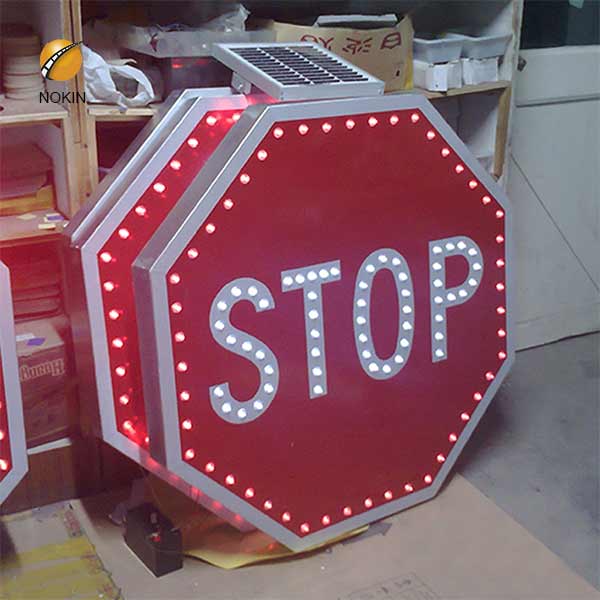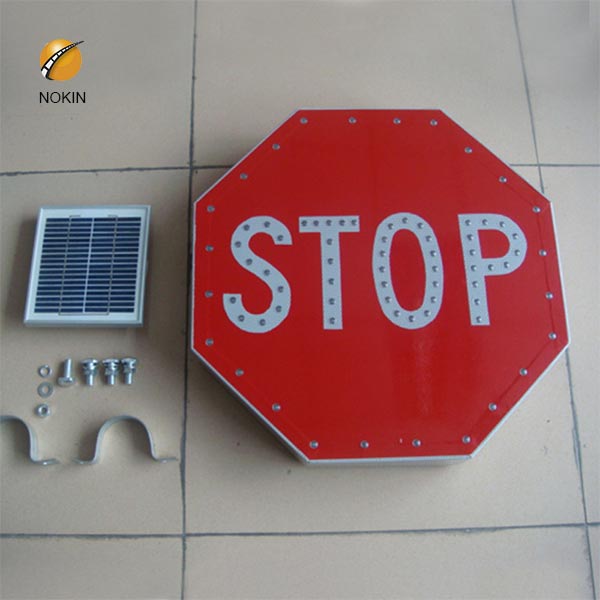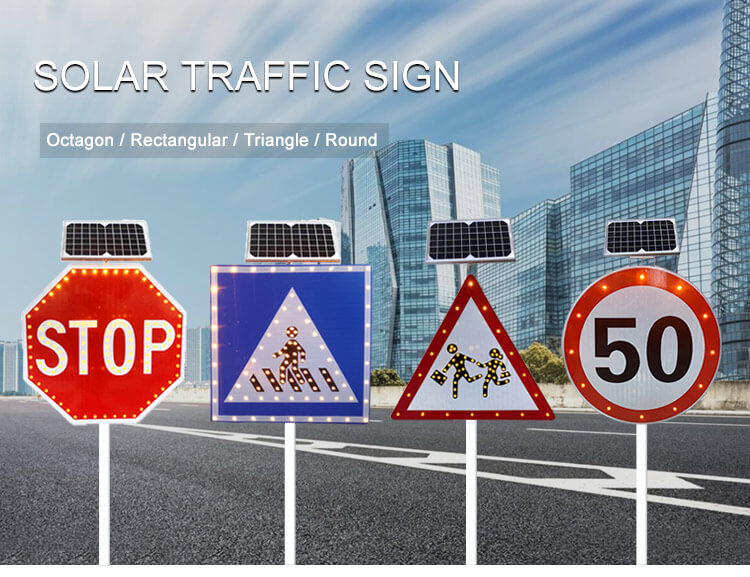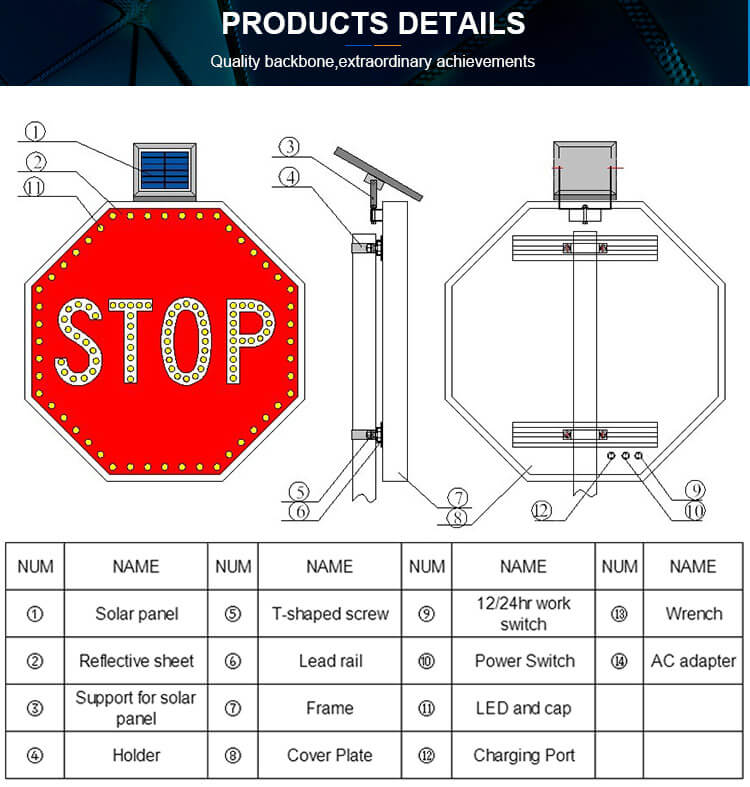




| Material: | Aluminium&Galvanized sheet |
| Reflective film: | 3M Engineering grade or 3M diamond grade |
| Solar panel: | 15V/8W or custom |
| Battery: | 12V/8Ah or custom |
| Voltage: | DC 12V or DC 11.1V |
| Leds distance: | <4.5CM |
| Led color: | Red, Yellow or White |
| Flashing frequency: | 50±2/min |
| Visual distance: | >800m |
| Working in rainy days: | 360H |
| Size: | 600mm /800mm /1000mm or Custom |

always turn lights off when leaving a room. The quickest way to start saving is just remembering to turn lights off when you don’t need them. The typical household could save almost £15 a year just by switching off the lights as you leave the room. be aware of how many lights you have on in a room.
Lighting: Occupancy Sensors / Energy Saving Sensors General Information Occupancy sensors detect the presence or absence of people and turn lights on and off accordingly. Hamilton Electronics Pvt. Ltd. , is an ISO 9001 : 2000 Certified Company
Energy saving tips Make this year your year to save, you can start with simple energy savings tips to reduce your usage and help you save in every season. Turn on ceiling fans and turn up the thermostat and you’ll still be cool. Turn off fans when leaving the room
In this example, LED strip lights would give an annual saving of about £46.40 over equivalent-brightness incandescent bulbs. Spread across the LED tape’s 30-year lifetime, that’s a total saving of about £1,392 .
10/4/2021 · The efficiency of a device is the proportion of the energy supplied that is transferred in useful ways. The efficiency can be calculated as a decimal or a percentage. Modern energy-saving lamps
2 天前 · The outdoor sector has seen greater LED adoption in nearly every application than the indoor sector, contributing 40% of the total energy savings from LED lighting in 2018. Utilizing the most efficient LEDs in all applications would amount to over a quad of annual energy savings in the outdoor sector alone, equivalent to about 9% of commercial building electricity use in 2018.
LED: It would only take a 16-watt bulb to emit as much light as a 100-watt incandescent bulb, and it would use only 140 kWh of energy over the year. The electric cost would be just $21. Oh, and one LED
17/8/2020 · Widespread use of LED lighting has the greatest potential impact on energy savings in the United States. By 2027, widespread use of LEDs could save about 348 TWh (compared to no LED use) of electricity: This is the equivalent annual electrical output of 44 large electric power plants (1000 megawatts each), and a total savings of more than $30 billion at today's electricity prices.
Did you know that replacing all your light bulbs with low energy models you will save around 80-90% on your home or office electric lighting bill and that low energy bulbs last far longer than standard lamps and light bulbs (8000h - 30,000 hours).
For nearly every incandescent bulb still in use today, there’s a CFL or LED bulb that can replace it—saving energy and curbing carbon emissions. If you still have incandescents at work or home, it’s time to send them back to the Dark Ages.
8/6/2012 · 52. 52. With prices up to £25 per bulb, the received wisdom that LED lighting is too expensive seems deserved. But rising electricity prices and falling LED costs mean that for homes with a large
With some options now as cheap as $3 per bulb, that 10W LED would pay for itself in energy savings within a few months, then keep on saving you money for years if not decades to come.
A typical cheap (60 watt equivalent to incandescent) LED light bulb is advertised as providing 800 lumens, lasting up to 10,000 hours at 10 watts. Click calculate to find out the electricity cost of a single LED light bulb running at 10 Watts for 5 hours a day @ $0.10 per kWh
The best LED light bulbs, from standard A19 bulbs to candelabra bulbs with small bases. Featuring LED floodlight bulbs, LED track light bulbs and globe LED bulbs. Brands
Working principle Electroluminescence Invented H. J. Round (1907) Oleg Losev (1927) James R. Biard (1961) Nick Holonyak (1962) First production October 1962 Pin configuration A light-emitting diode (LED) is a semiconductor light source that emits light when current flows through it.